Advertisement
Understand drug-food interactions
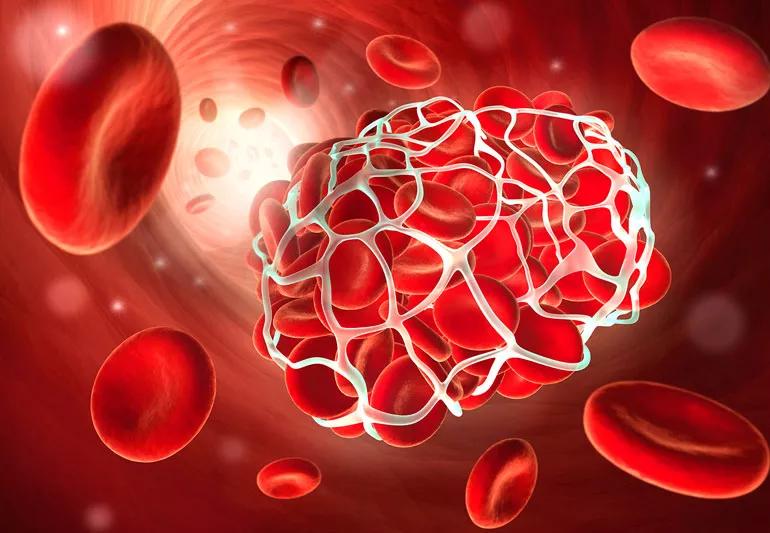
If you are a heart patient who is taking blood thinners, such as warfarin (Coumadin®), you need to be careful not to overdo vitamin K.
Advertisement
Cleveland Clinic is a non-profit academic medical center. Advertising on our site helps support our mission. We do not endorse non-Cleveland Clinic products or services. Policy
Blood thinners are often prescribed for people at risk for developing harmful blood clots.
If you suddenly increase your intake of vitamin K, it can have an unintended consequence. It can actually decrease the effect of warfarin, says cardiologist Leslie Cho, MD.
“This is because vitamin K is an essential part of the chemical process for forming blood clots in your body,” she says.
You don’t want to cut out vitamin K completely, as it is present in a variety of healthy, nutrient-rich foods. These include leafy greens and many vegetables. Instead, be smart about how much vitamin K you consume, be consistent, and work with your doctor to find just the right balance.
For example, if you eat a diet rich in vitamin K, you may need to check your blood a little more frequently or take more warfarin. If you change your diet and eat fewer foods containing vitamin K, you may need to take less warfarin.
Work with your doctor to find the right dose for you.
Here are three tips to help you safely manage your vitamin K intake:
“Vitamin K foods can be included in your diet on a regular basis as long as you are mindful of the portion and keep the overall intake of vitamin K-rich foods consistent, says Julia Zumpano, RD, LD.
For instance, you can choose to have a vitamin K rich food every day, every week, or three times in a week — as long as you keep this portion and frequency consistent, she says.
“If necessary, you can discuss including regular sources of vitamin K in your diet with your doctor in case your warfarin dosage would need to be adjusted,” she adds. You will want to tell your physician how often you eat foods high in vitamin K and how much of those foods you eat. Being knowledgeable about vitamin K is a key to managing it in your diet.
There are a variety of vegetables that contain lower amounts of vitamin K. These include:
Advertisement
Iceberg lettuce is low and romaine is also fairly low, so most people can eat either if them daily. In addition, be sure to read labels on multivitamins as they have varying amounts of vitamin K. Talk to your doctor about what vitamins you should take.
You may need to avoid certain supplements and vitamins to keep your blood values stable. Talk to your doctor about any and all supplements you take to be sure they are not interfering with your blood thinners.
Another way to manage how well your blood thinners work is to take your dose of warfarin at the same time each day, and from day to day, make sure your vitamin K intake is consistent, Dr. Cho says.
To be sure you’re on track, have your blood values checked regularly (usually once per month with your physician; this may be more often during dose adjusting).
Below, find more details on the amount of vitamin K present in different foods, including leafy greens, vegetables and other foods as provided by the U.S. Department of Agriculture.
When it comes to blood thinners, the more you know the better you can manage your diet. Be sure to talk to your doctor if you have any concerns.
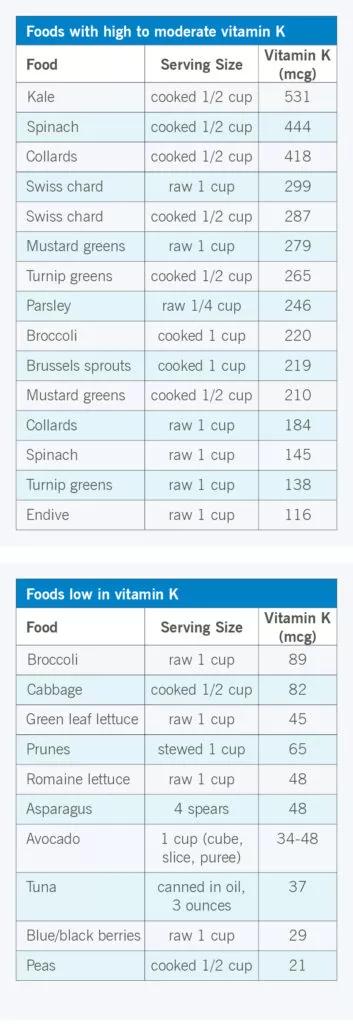
Learn more about our editorial process.
Advertisement

If you’re taking supplements, it’s important to understand which vitamins and minerals you can get too much of, like vitamin C and calcium

There are several vitamins and mineral supplements that many people can benefit from — but it’s important to consult with a healthcare provider before you start one
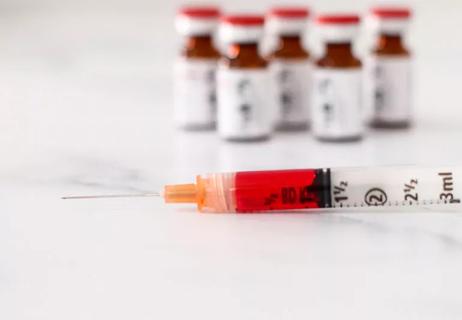
If you have low B12 or a true deficiency, these shots can work wonders

A daily dose of vitamin D can help babies build strong bones, as well as boost their brain development
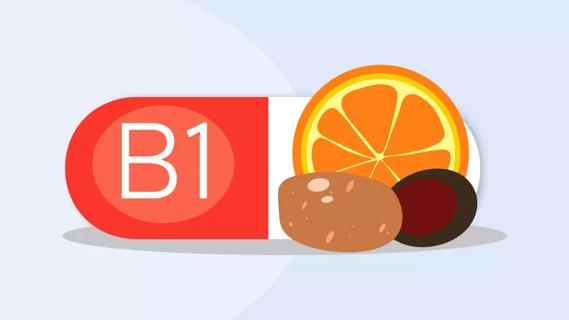
Getting enough thiamine in your diet can protect your heart, brain and nervous system
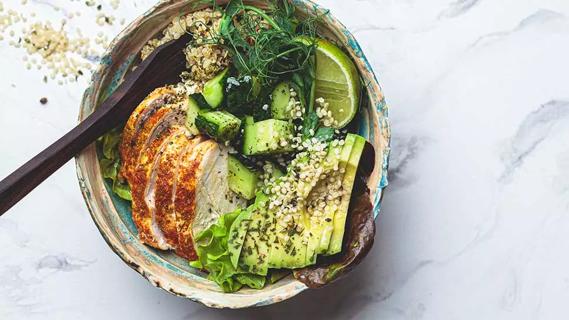
Also known as pantothenic acid, vitamin B5 helps your metabolism and is found in a wide range of foods
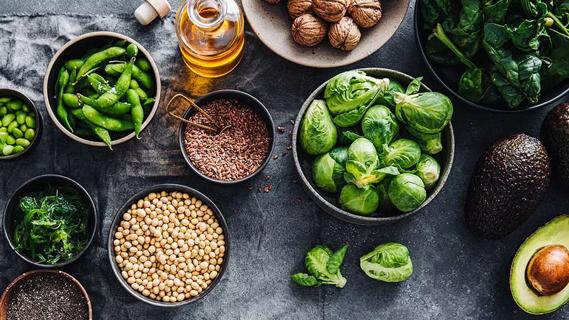
Easy to get from healthy foods, vitamin E can help protect your eyes, boost your immune system and may lower your risk of cancer
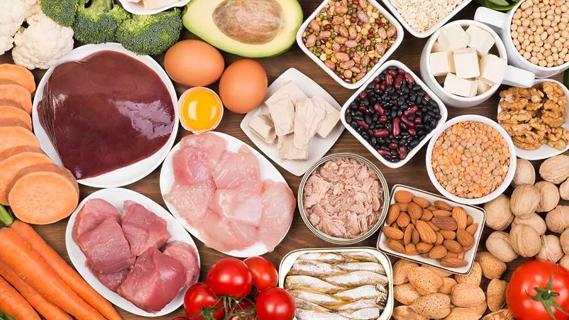
B vitamins do a lot for your body, like activate enzymes that give you energy, create blood cells and prevent DNA damage

Your metabolism may torch 1,300 to 2,000 calories daily with no activity

A gentle touch in all the right places may help drain your sinuses